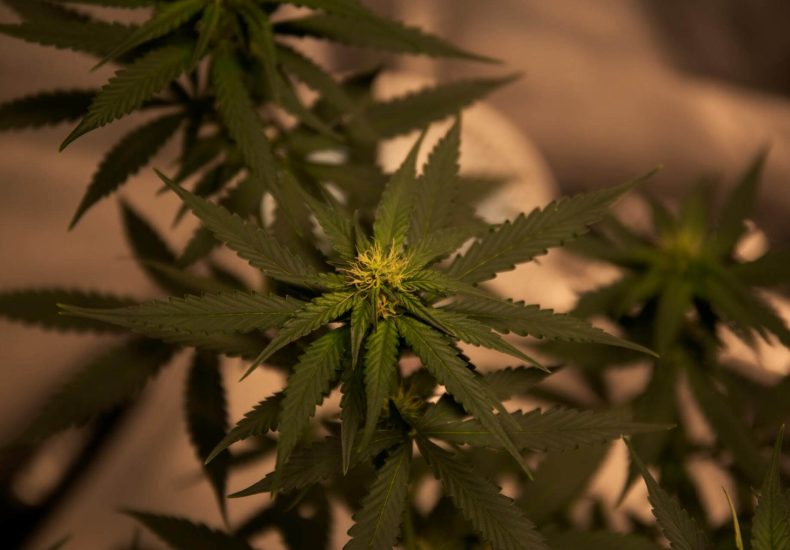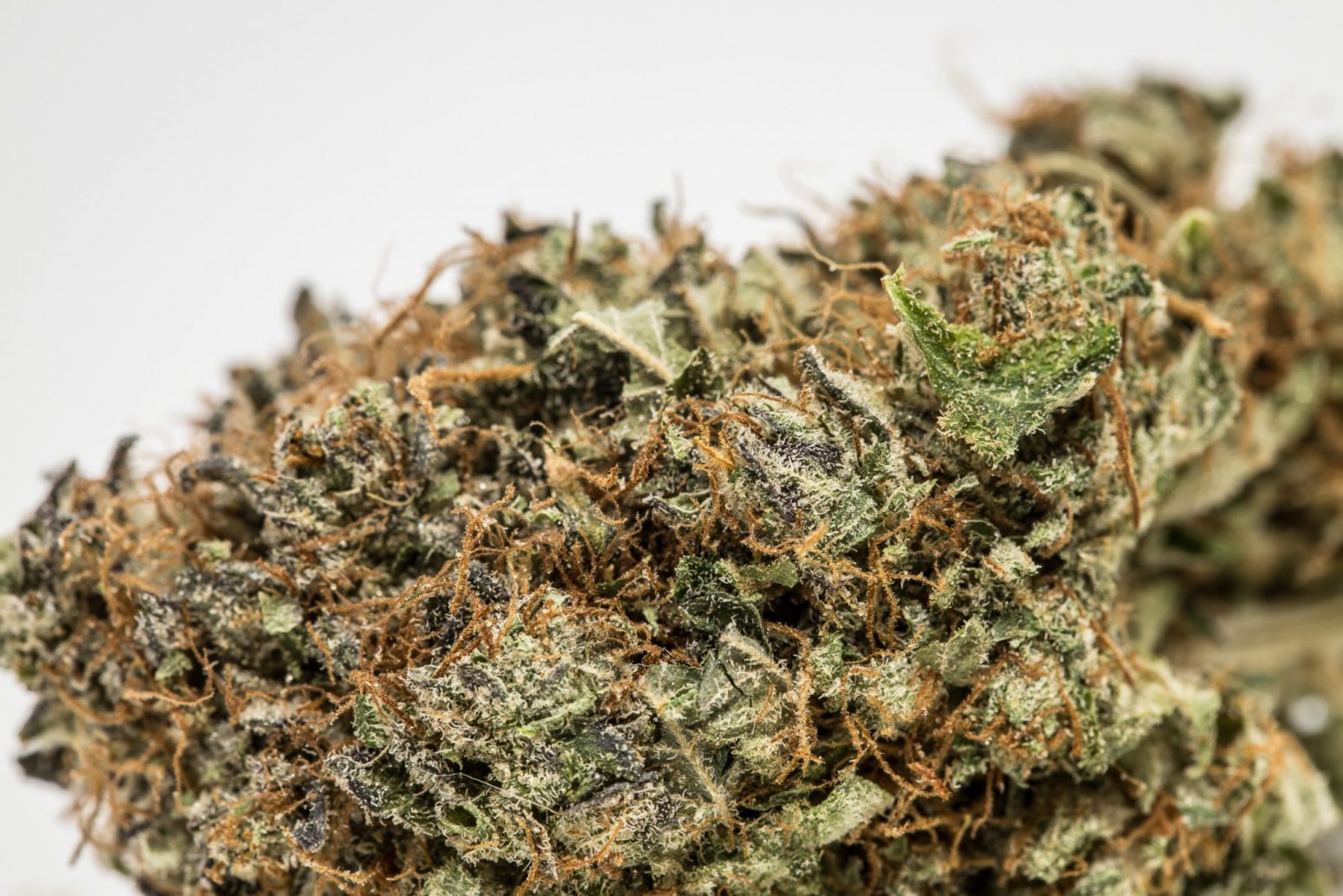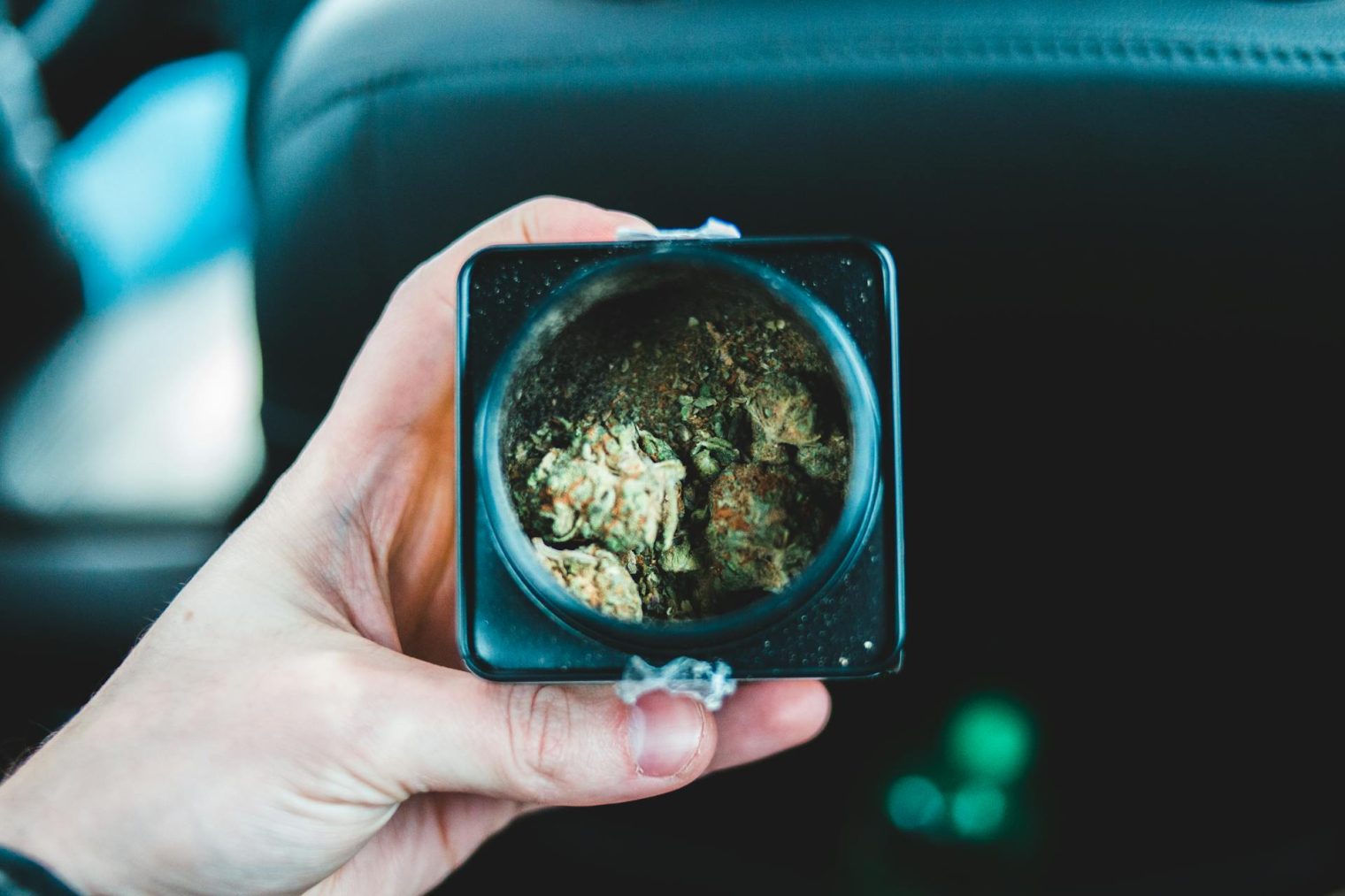 Cannabis
Cannabis
Table of Contents
Do you know what is organic weed? In the landscape of contemporary agriculture, the term “organic” has transcended its traditional associations with fruits, vegetables, and livestock, extending its embrace to a realm previously overshadowed by controversy and stigma of cannabis.
As we step into the year 2024, the concept of organic weed has undergone a profound evolution, driven by shifting consumer preferences, advancements in cultivation techniques, and an increasingly enlightened regulatory environment. In this article, we delve into the nuances of what constitutes organic weed in 2024, exploring its significance, challenges, and promising future.

The Essence of Organic Weed
Organic weed embodies a holistic approach to cannabis cultivation, emphasizing sustainability, environmental stewardship, and the natural well-being of both plants and consumers. At its core lies a commitment to eschewing synthetic pesticides, herbicides, and fertilizers, opting instead for organic inputs derived from natural sources.
This ethos extends beyond the cultivation process to encompass ethical labor practices, water conservation, and carbon footprint reduction.
Navigating Regulatory Terrain
The journey towards establishing a standardized definition of organic weed has been fraught with regulatory hurdles and ambiguity. In the United States, the absence of federal legalization has resulted in a patchwork of state-level regulations governing organic certification for cannabis. However, with an increasing number of states legalizing recreational and medical cannabis, momentum is building towards greater clarity and uniformity in organic standards.
In 2024, regulatory bodies are taking decisive steps to address this gap, collaborating with industry stakeholders to develop rigorous organic certification programs tailored specifically to cannabis cultivation. These programs not only ensure compliance with organic principles but also instill confidence among consumers, who are increasingly discerning about the quality and provenance of their cannabis products.
The Rise of Regenerative Agriculture
One of the defining trends shaping organic weed in 2024 is the resurgence of regenerative agriculture practices. Inspired by indigenous wisdom and ecological principles, regenerative farming goes beyond sustainability to actively regenerate the health of soil, biodiversity, and surrounding ecosystems.
In the context of cannabis cultivation, regenerative practices involve mimicking natural ecosystems, fostering soil health through cover cropping, composting, and minimal tillage. By nurturing a symbiotic relationship between plants, soil microorganisms, and beneficial insects, regenerative farmers cultivate cannabis of unparalleled potency and purity, while simultaneously mitigating environmental degradation.
Challenges on the Horizon
Despite its promise, the journey towards mainstream acceptance of organic weed is not without obstacles. Chief among these challenges is the prevalence of illicit cultivation, which often operates outside the purview of regulatory oversight. In an era marked by the proliferation of synthetic cannabinoids and counterfeit products, distinguishing genuine organic weed from its inferior counterparts remains a pressing concern.
Moreover, the commodification of cannabis has led to the emergence of large-scale industrial operations, which prioritize efficiency and profit margins over organic integrity. As such, smaller, artisanal growers face fierce competition in a market increasingly dominated by corporate interests.
The Promise of Technological Innovation
Amidst these challenges, technological innovation emerges as a beacon of hope for the future of organic weed. From precision agriculture and data analytics to vertical farming and renewable energy solutions, technology empowers growers to optimize resource utilization, minimize environmental impact, and maximize crop quality.
In particular, advancements in organic nutrient formulations, pest management techniques, and cultivation automation hold the potential to revolutionize organic cannabis production, making it more accessible, efficient, and scalable than ever before.

Harnessing the Power of Community
Integral to the ethos of organic weed in 2024 is the spirit of community and collaboration. Across the globe, a vibrant network of small-scale growers, activists, and advocates are joining forces to champion the cause of sustainable cannabis cultivation. Through knowledge-sharing forums, cooperative alliances, and grassroots campaigns, these pioneers are fostering a culture of transparency, accountability, and collective empowerment within the industry.
By prioritizing relationships over profits and principles over expediency, community-oriented growers are redefining the narrative surrounding cannabis, transforming it from a mere commodity into a symbol of social and environmental justice. Through initiatives such as community-supported agriculture (CSA) programs, farm-to-table partnerships, and educational outreach initiatives, they are bridging the gap between producers and consumers, fostering a deeper appreciation for the holistic value of organic weed.
Cultivating Conscious Consumption
In tandem with the rise of organic weed, there is a growing emphasis on conscious consumption practices among cannabis enthusiasts. In an age of information abundance, consumers are increasingly empowered to make informed choices about the products they purchase and the companies they support.
From scrutinizing labels for organic certification to researching the cultivation practices of their favorite brands, individuals are becoming more discerning about the origin, quality, and ethical implications of their cannabis consumption. This heightened awareness not only drives demand for organic products but also encourages producers to uphold the highest standards of integrity and transparency in their operations.
More about the organic weed landscape…
As we reflect on the evolving landscape of organic weed in 2024, it becomes clear that its significance extends far beyond mere cultivation techniques or market trends. At its essence, organic weed embodies a holistic vision of cannabis as a force for positive change—a catalyst for environmental regeneration, social equity, and personal wellness. As we continue to nurture this vision with passion, perseverance, and a commitment to collective action, we sow the seeds of a brighter, greener future for cannabis and humanity alike.
Looking Ahead to Organic Weed in 2024
As we peer into the horizon of 2024 and beyond, the trajectory of organic weed appears poised for continued growth and maturation. With consumers increasingly prioritizing health, sustainability, and social responsibility, the demand for organic cannabis is set to soar, propelling ethical growers to the forefront of the industry.
Moreover, as regulatory frameworks evolve and technological innovations proliferate, the distinction between organic and conventional cannabis may become less pronounced, ultimately giving way to a new paradigm of regenerative, eco-conscious cultivation practices.
In this brave new world of cannabis, organic weed serves not only as a testament to human ingenuity and stewardship but also as a beacon of hope for a more harmonious relationship between humanity and the natural world. As we embrace the ethos of organic cultivation, we pave the way for a greener, cleaner, and more sustainable future—one toke at a time.


